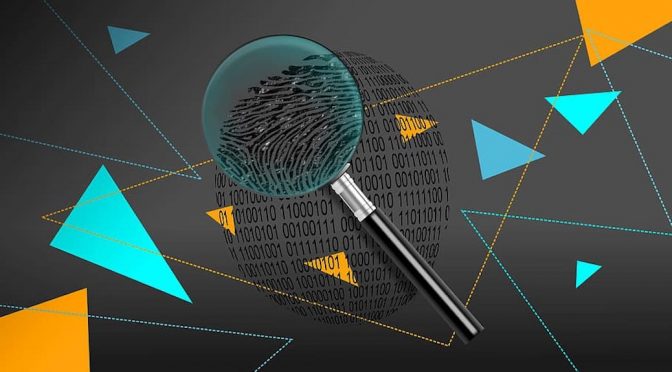While the barrage of cyberattacks around the world continues to increase, the lack of effective global cybercrime enforcement has allowed cybercriminals to operate with near impunity. Although there have been a number of efforts to increase international cooperation on cybercrime enforcement, many of these efforts have been hindered due to the lack of capacity building… Continue reading Countering the Cyber Enforcement Gap: Strengthening Global Capacity on Cybercrime
Category: Human Rights in Cyberspace
Challenges and Opportunities in State and Local Cybercrime Enforcement
Through a detailed analysis of the ways state and local government can improve their cybercrime enforcement to account for gaps in the federal system, Maggie Brunner outlines a future strategy where local governments are at the forefront of bringing cyber perpetrators to justice. Brunner provides a clear, well-lit path for state and local governments to… Continue reading Challenges and Opportunities in State and Local Cybercrime Enforcement
Full Count?: Crime Rate Swings, Cybercrime Misses and Why We Don’t Really Know the Score
The exponential growth of cybercrimes continues to wreak havoc on governments, businesses, and individuals, and there has been progress in combating these crimes, even leading to near ubiquitous recognition of the cybercrime problem. Eileen Decker focuses the reader on the lack of understanding of these disastrous crimes as derivative of a lack of collection and… Continue reading Full Count?: Crime Rate Swings, Cybercrime Misses and Why We Don’t Really Know the Score



